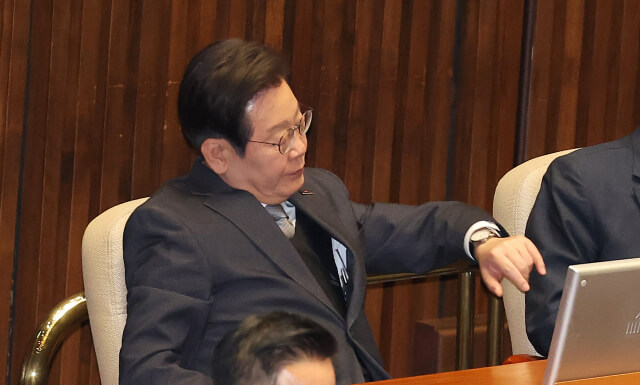As Korea faces a sudden presidential election, internal strife is shaking the main opposition party, the Democratic Party of Korea (DPK). At the center of it all? Party leader Lee Jae-myung—and a controversial push to skip renegotiating how their candidate will be selected.

What’s Going On
After the impeachment of former president Yoon Suk-yeol, South Korea is preparing for an unexpected early election. The Democratic Party, led by Lee Jae-myung, is quickly moving into campaign mode. But instead of reopening discussions on how to select their next presidential candidate, the party leadership is pushing to keep the old system, which heavily favors party members’ votes over public input.
This has caused friction within the party. Critics—especially from the anti-Lee faction and minor opposition groups—are calling for a fully open primary that lets ordinary citizens vote, not just party insiders. They argue that broader participation would make the process more democratic and increase public interest. Lee’s supporters say the tight schedule makes such changes unrealistic, and that Lee would likely win under any system due to his strong popularity.
Why It Matters
Lee Jae-myung is emerging as the clear frontrunner, but this “one-man show” approach could alienate voters who want more transparency and inclusion. If the DPK appears unwilling to accommodate fair competition, it could weaken its moral authority—especially at a time when national unity is key. Meanwhile, other opposition figures, including former Prime Minister Kim Bu-gyeom and members of the newly formed Rebuilding Korea Party, are demanding a more open process.
Political analysts note that although time is tight, an open primary could help the party gain momentum and bring various opposition groups together for a stronger showing in the election.
My Take
This debate reveals deeper cracks in Korea’s opposition politics. The struggle between efficiency and fairness is a familiar one in democracies around the world. But in Korea’s high-stakes environment—especially following an unprecedented presidential impeachment—how parties handle internal democracy could have major consequences. If the DPK wants to win public trust, showing flexibility and openness may matter more than locking in an easy win.
Conclusion
How should political parties balance internal control with democratic openness—especially during a national crisis? Would you support a fully open primary in your country under similar circumstances?